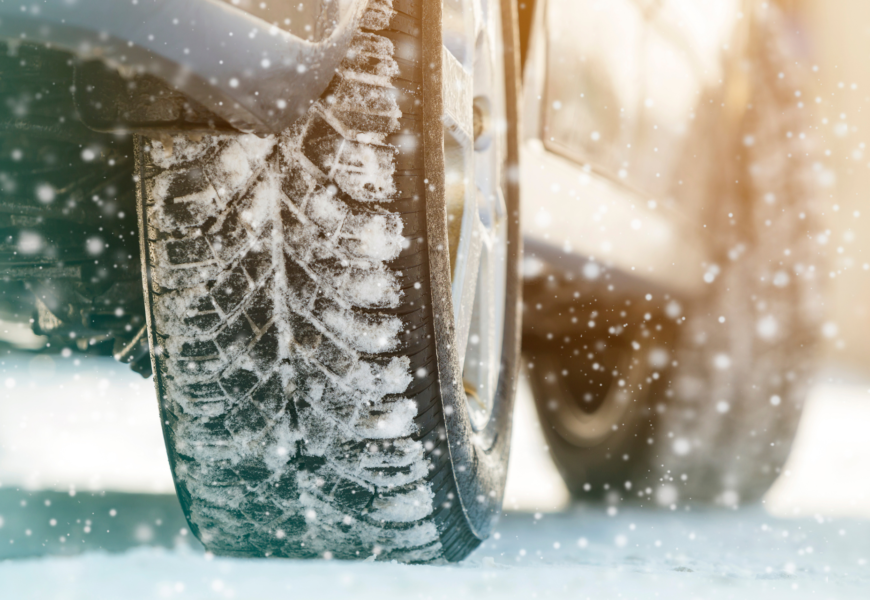Winter mornings often bring the frustration of a car that refuses to start. Cold weather can present various challenges to your vehicle’s battery, engine, and other components. Understanding the reasons behind a cold-related no-start condition and implementing preventive measures can save you from being stranded in the freezing cold. Here’s a guide on why your car won’t start when it’s cold and how to address the issue:
**1. Dead or Weak Battery:
- Why It Happens: Cold temperatures can reduce a battery’s capacity, making it harder for the engine to crank.
- How to Fix It:
- Keep your battery charged: Use a battery charger or drive your car regularly to maintain a charged battery.
- Replace an old battery: If your battery is more than 3-5 years old, consider replacing it, especially before winter.
**2. Thickened Engine Oil:
- Why It Happens: Cold weather causes engine oil to thicken, making it harder for the engine to turn over.
- How to Fix It:
- Use the right oil: Switch to a lower-viscosity oil recommended for colder temperatures during winter.
- Consider a block heater: Installing a block heater can keep the engine warm and make starting easier.
**3. Fuel System Issues:
- Why It Happens: Cold temperatures can cause fuel to gel, leading to fuel system problems.
- How to Fix It:
- Use winter-grade fuel: Choose a fuel blend suitable for colder temperatures.
- Add fuel additives: Fuel additives can prevent fuel from gelling and improve combustion.
**4. Ignition System Problems:
- Why It Happens: Cold weather can affect the performance of spark plugs and other ignition components.
- How to Fix It:
- Check and replace spark plugs: Ensure that your spark plugs are in good condition and replace them if necessary.
- Inspect ignition system: Check for loose connections, damaged wires, or other issues in the ignition system.
**5. Starter Motor Issues:
- Why It Happens: Cold temperatures can strain the starter motor, especially if it’s worn or has electrical problems.
- How to Fix It:
- Test the starter: If you hear clicking sounds but the engine doesn’t start, have the starter tested and replaced if needed.
- Keep connections clean: Ensure that the electrical connections to the starter are clean and secure.
**6. Frozen Fuel Lines:
- Why It Happens: Water vapor in the fuel system can freeze and block fuel lines.
- How to Fix It:
- Use fuel-line antifreeze: Adding a fuel-line antifreeze product can prevent freezing.
- Keep the tank full: A full tank reduces the likelihood of condensation, which can lead to frozen fuel lines.
**7. Preventive Measures:
- Install a Battery Blanket or Warmer: Keep your battery warm with a battery blanket or warmer.
- Park Indoors When Possible: Parking your car in a garage or covered area can protect it from extreme cold.
- Invest in a Car Cover: A car cover can shield your vehicle from the elements and retain some heat.
Conclusion:
Understanding the reasons behind your car’s refusal to start in cold weather allows you to take proactive measures. Regular maintenance, using winter-appropriate fluids, and investing in cold-weather accessories can ensure that your vehicle starts reliably even in the coldest conditions. If the problem persists, it’s advisable to seek professional assistance from a qualified mechanic.










